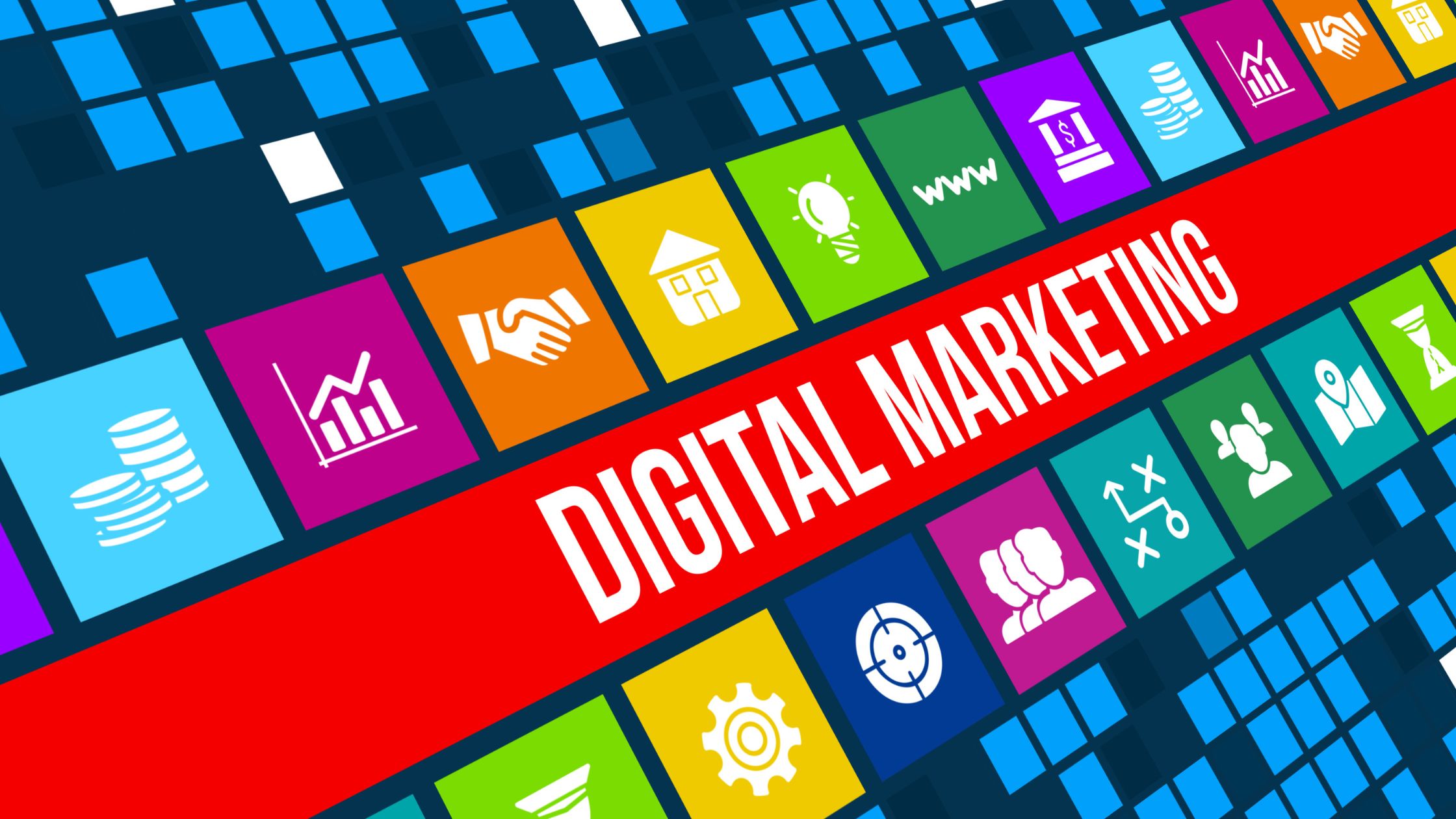In today’s competitive marketplace, digital marketing for small businesses is no longer optional—it’s essential. Whether you’re looking to grow your customer base, increase brand visibility, or maximize ROI, understanding the fundamentals of digital marketing can transform your business. This guide will walk you through everything you need to know to launch a successful digital marketing strategy tailored to your small business.
Why Digital Marketing Matters for Small Businesses
Digital marketing provides cost-effective ways for small businesses to reach their target audiences. Traditional marketing channels, such as print ads or billboards, often require hefty budgets, whereas digital platforms offer affordable options that deliver measurable results.
Benefits of digital marketing for small businesses include:
- Cost-Effectiveness: Strategies like SEO and content marketing can generate organic traffic without breaking the bank.
- Targeted Reach: Tools like social media ads and Google Ads allow you to connect with specific demographics.
- Expand Your Reach: Connect with a global audience through online platforms.
- Save Costs: Leverage affordable marketing channels like social media and email marketing.
- Measurable Results: Analytics tools make it easy to track performance and ROI.
Essential Digital Marketing Strategies for Small Businesses
1. Build a Strong Website
Your website is the cornerstone of your online presence. Ensure it is:
- Mobile-friendly and fast-loading.
- Optimized for search engines (SEO).
- Easy to navigate, with clear calls-to-action (CTAs).
2. Search Engine Optimization (SEO)
SEO helps your business rank higher in search engine results, making it easier for potential customers to find you. Start by optimizing your website with relevant keywords, including “digital marketing for small businesses,” and ensure it is mobile-friendly.
Quick Tip: Focus on local SEO by listing your business on platforms like Google My Business and using location-specific keywords.
Focus on:
- Using local SEO tactics to target nearby customers.
- Researching keywords like “affordable digital marketing tools for small businesses.”
- Creating quality content that answers your audience’s questions.
3. Content Marketing
Create valuable content that addresses your audience’s needs and interests. Blogs, videos, and infographics can position your brand as an authority in your industry while driving organic traffic.
Example: Write blog posts like “5 Digital Marketing Strategies for Small Businesses” to attract readers searching for actionable advice.
4. Social Media Marketing
Platforms like Facebook, Instagram, and LinkedIn are great for building relationships with customers. Post regularly and engage with your audience through comments, polls, and direct messages.
Pro Tip: Use paid ads to boost visibility, especially for limited-time promotions.
5. Email Marketing
Building an email list is one of the most effective ways to nurture leads and retain customers. Offer value through newsletters, exclusive deals, or educational content.
Best Practice: Personalize emails with the recipient’s name and tailor content to their interests for better engagement.
6. Pay-Per-Click Advertising (PPC)
PPC campaigns, like Google Ads, can drive immediate traffic to your website. Use a small budget to test which keywords and ads generate the best results.
Tools to Simplify Digital Marketing for Small Businesses
Maximize your marketing efforts by leveraging these tools:
- Google Analytics: Monitor website traffic and user behavior.
- Canva: Create professional-quality graphics for social media and blogs.
- Hootsuite: Schedule and manage social media posts.
- Mailchimp: Simplify email marketing campaigns.
- SEMrush: Perform keyword research and track your SEO progress.
Measuring Success
A critical aspect of digital marketing for small businesses is tracking performance. Set clear goals for each campaign and use analytics to measure success. Key performance indicators (KPIs) might include:
- Website traffic
- Website bounce rates.
- Conversion rates from ads and landing pages.
- Social media engagement (likes, shares, comments).
- Email open rates
- ROI from email marketing and PPC campaigns.
By regularly analyzing these metrics, you can refine your approach and achieve better results. Adjust your strategy based on what’s working and what isn’t.
Common Challenges and How to Overcome Them
Small businesses often face challenges like limited budgets and lack of expertise. Here’s how to address these issues:
- Budget Constraints: Prioritize cost-effective strategies like SEO and content marketing.
- Time Management: Use automation tools to save time.
- Keeping Up with Trends: Stay informed about industry updates by following digital marketing blogs and attending webinars.
Overcoming Challenges in Digital Marketing for Small Businesses
Small businesses often face hurdles such as limited budgets, lack of expertise, and time constraints. To overcome these challenges:
- Start Small: Focus on one or two strategies, like SEO and social media marketing.
- Outsource Tasks: Consider hiring experts for complex tasks like website design or PPC management.
- Stay Consistent: Post regularly and engage with your audience to build trust over time.
Conclusion
Embracing digital marketing for small businesses can drive growth, enhance customer engagement, and boost your bottom line. By implementing strategies like SEO, content marketing, and social media engagement, your business can compete effectively in the digital landscape. Start small, track your progress, and refine your approach. With persistence and the right tools, your digital marketing efforts will pay off.
Ready to take your small business to the next level with expert digital marketing? Reach out to CubiKode Agency today and let’s work together to grow your online presence and drive results!
📞 Call Us: +254 719 235 165
💬 WhatsApp: +254 719 235 165
📧 Email: info@cubikode.com | contact@cubikode.com
Let’s work together to boost your online presence and drive results!





